The International Union for Conservation of Nature and Natural Resources (IUCN) announced the extinction of the Chinese paddlefish and the wild Yangtze sturgeon on Thursday in its updated Red List of threatened species.
The global sturgeon reassessment published by the IUCN on Thursday revealed that 100 percent of the world's remaining 26 sturgeon species are now at risk of extinction, up from 85 percent in 2009.
The reassessment has also confirmed the extinction of the Chinese paddlefish (Psephurus gladius) and that the Yangtze Sturgeon (Acipenser dabryanus) has moved, from critically endangered, to extinct in the wild.
Additionally, 17 species are now critically endangered, three are endangered and five are vulnerable on the IUCN Red List.
According to the reassessment, sturgeons have been overfished for their meat and caviar for centuries. Therefore, stronger enforcement of regulations against the illegal sale of sturgeon meat and caviar is critical to stop further declines. Besides, dams affect all sturgeon species migrating to their breeding grounds, while rivers warming due to climate change further disrupts sturgeon reproduction.
The restoration of freshwater ecosystems and building effective fish passages, together with restocking, are key measures to support the long-term survival of the world's sturgeons.
Both Chinese paddlefish and Yangtze Sturgeon are representative aquatic species of the Yangtze River Basin.
Th Chinese paddlefish is one of the world's largest freshwater fish species with a length of up to 7 meters. It is endemic to China and is flagship species of the Yangtze River.
The Chinese paddlefish was listed as a first-class state protected animal in China in 1989 and was first declared "critically endangered" by the IUCN in 1996. IUCN experts have said there is no image evidence of the species since 2009. It was last seen alive in 2003.
Along with the loss of the Chinese paddlefish, another sturgeon species, the Yangtze sturgeon is now classified as "extinct in the wild." Existing individuals in the river are the result of the release of captive stocks.
Wild populations of the Siberian sturgeon, the third species in Asia mentioned in the assessment and widely used in aquaculture, were also moved to the highest threat category of critically endangered.








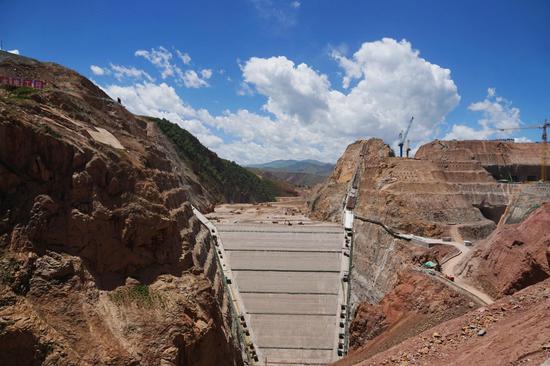


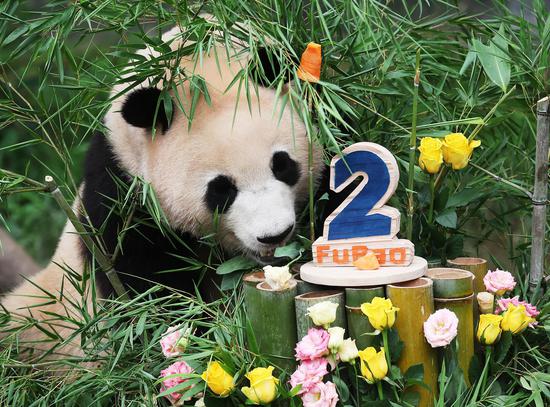

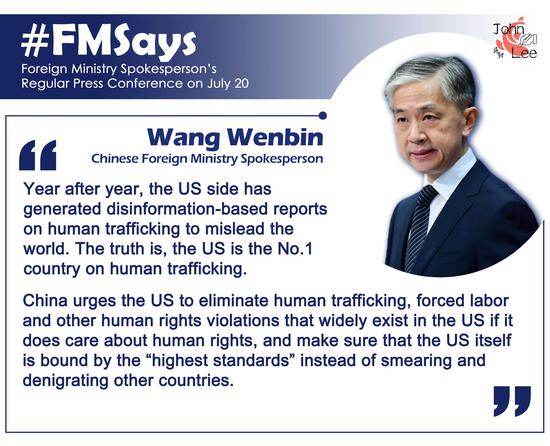


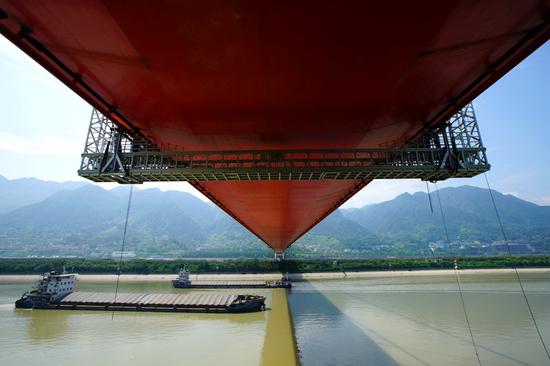
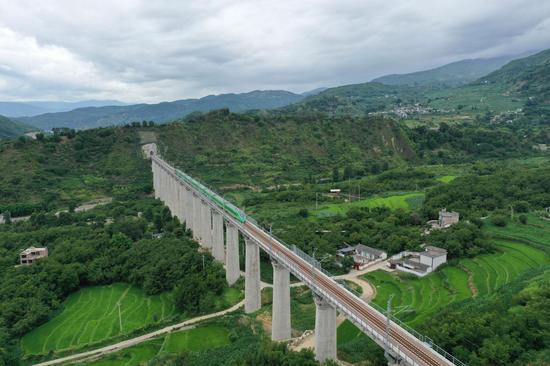
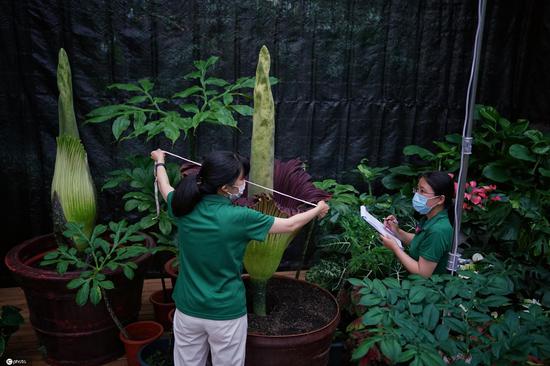


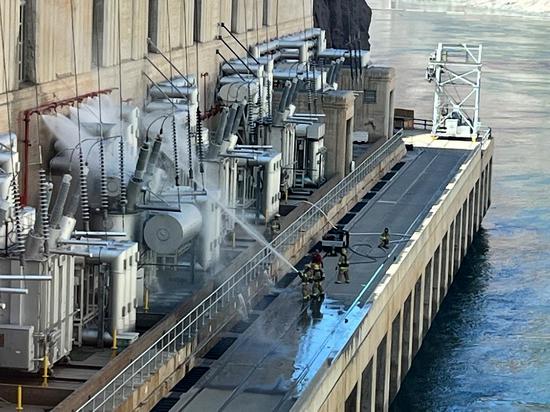




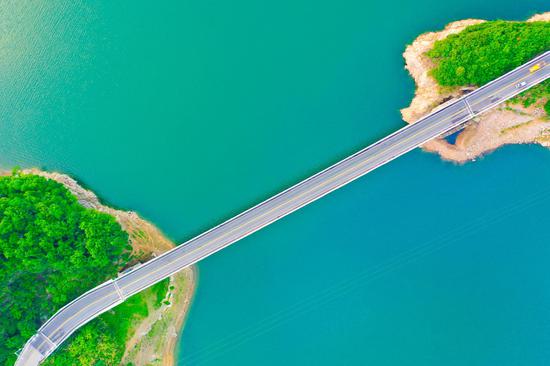
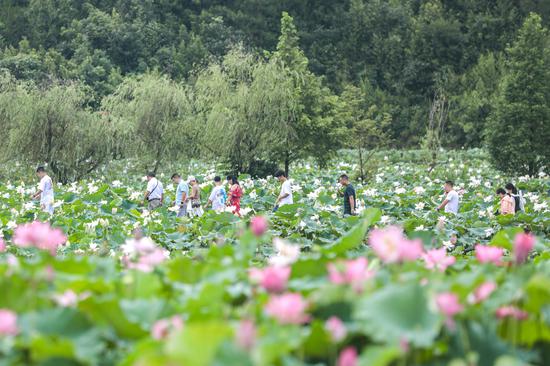



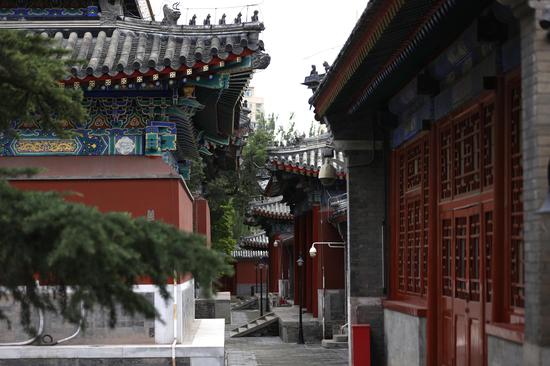



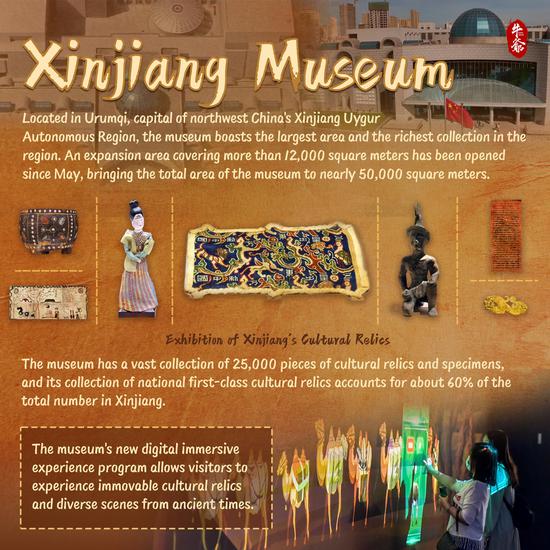

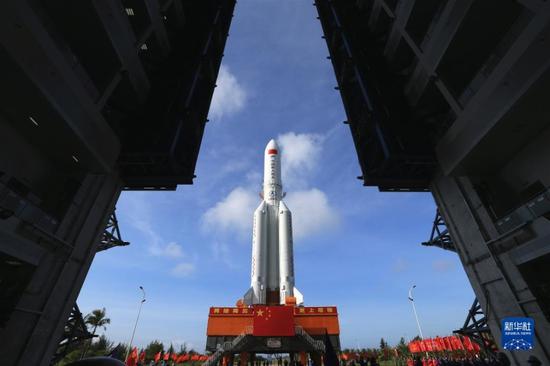
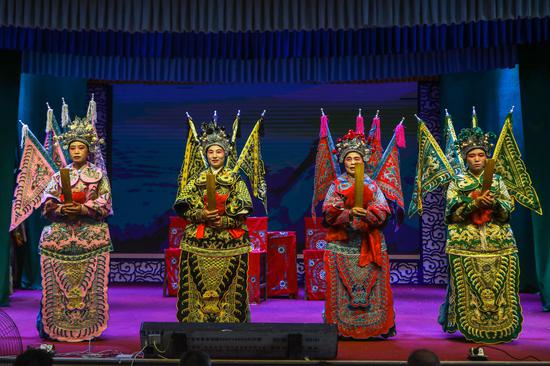
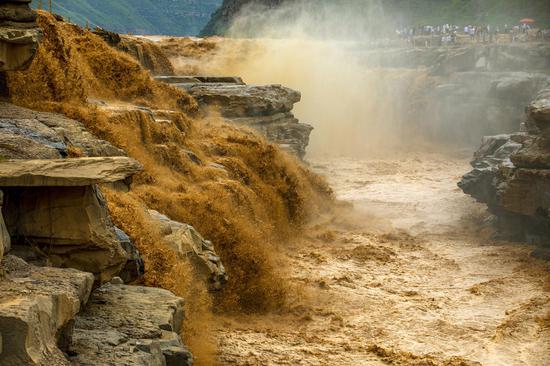



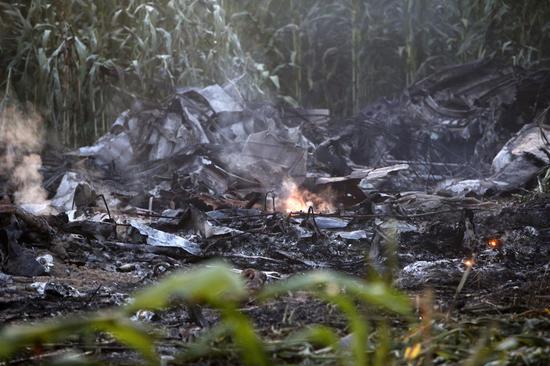
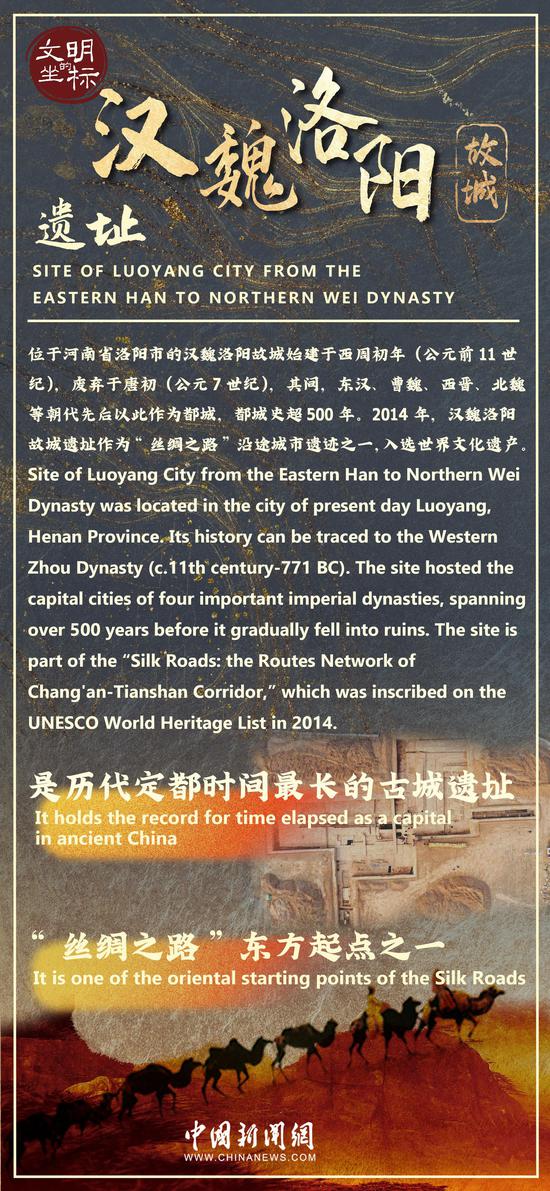





 京公网安备 11010202009201号
京公网安备 11010202009201号